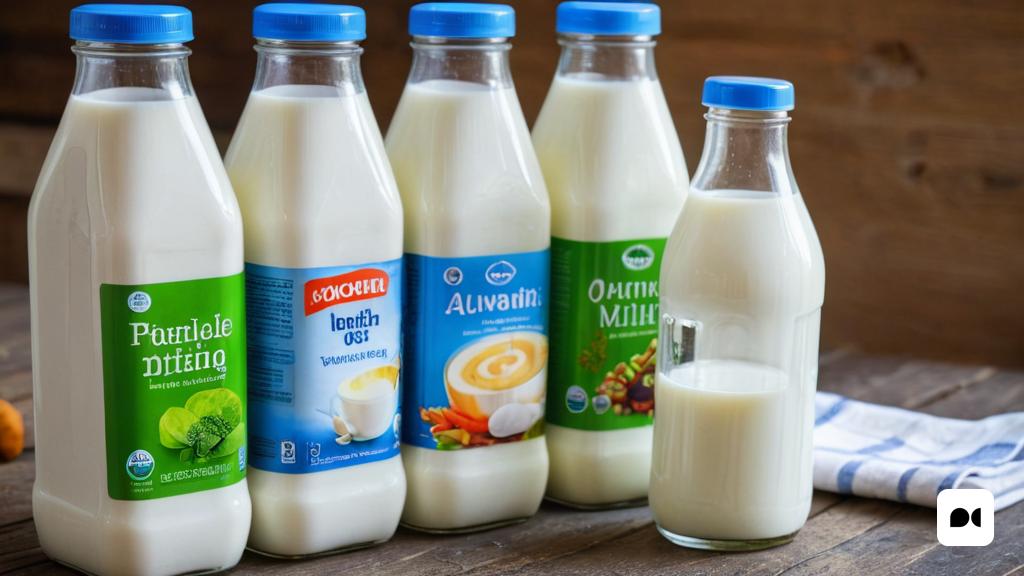Concern about the consumption of vegetable drinks
The World Health Organization (WHO) has issued a warning about the consumption of vegetable drinks as an alternative to animal milk. According to a report published by WHO Europe and the Global Iodine Network (IGN), the increasing use of plant-based products instead of iodine sources such as milk and fish can lead to poor intake of this chemical element, which which can have health consequences, especially in pregnant women who have a greater need for iodine.
The Nutritional Impact of Iodine
WHO Regional Director for Europe, Hans Henri P. Kluge, has expressed concern about the shift towards plant-based alternatives in the diet, especially in women who already have a higher risk of iodine deficiency and thyroid diseases. In countries where milk is a major source of iodine, most plant-based alternatives do not contain this chemical element. This can lead to iodine-deficient nutrition, which is especially concerning for pregnant women.
The importance of milk and dairy products
The WHO highlights that milk and dairy products are important sources of iodine in many Western and Central European countries, especially for children. Additionally, many animal feeds and supplements are fortified with iodine to improve farm animal health and milk production. However, the increasing consumption of plant-based beverages is contributing to a decrease in iodine intake. For example, in Germany, only 9% of the salt in processed products is iodized, while in Switzerland this percentage increases to 34%.
WHO recommendations
In light of this situation, WHO recommends promoting measures for the mandatory use of iodized salt in foods as an alternative to milk and dairy products. In addition, it highlights the need to raise awareness among both the public and health authorities about the importance of adequate iodine consumption, especially for pregnant women. Iodine deficiency can have serious health consequences, such as preventable thyroid disorders, hyperthyroidism, cardiac arrhythmias, osteoporosis and cognitive impairment.
Importance of iodine in fetal development
The WHO highlights that adequate iodine consumption is especially important for the brain development of the fetus before and during pregnancy. Iodine deficiency during this stage can increase the risk of miscarriage and have a negative impact on the child’s cognitive development. Therefore, it is recommended to include iodine supplements in the diet of pregnant women.
Conclusion
In summary, the increasing consumption of plant-based beverages as an alternative to animal milk can lead to deficient iodine intake, which can have health consequences, especially in pregnant women. The WHO recommends promoting measures for the mandatory use of iodized salt in foods and raising awareness about the importance of adequate iodine consumption. Iodine is especially important for fetal brain development and deficiency can have serious consequences.

